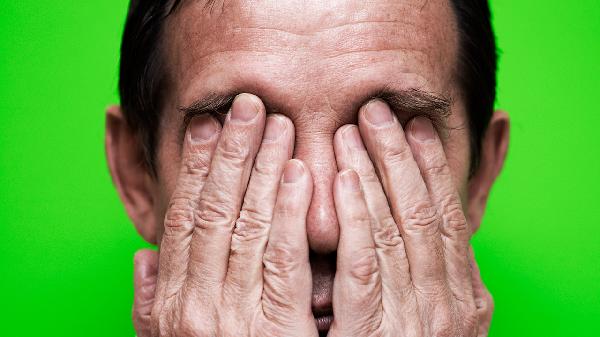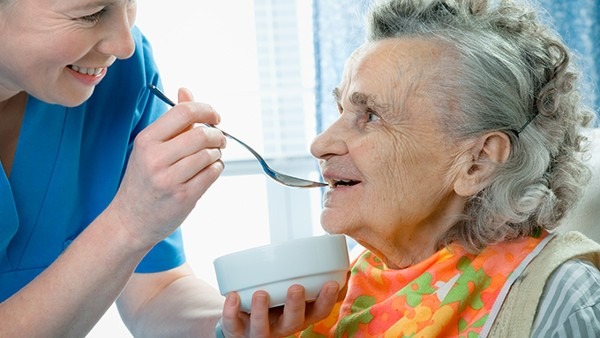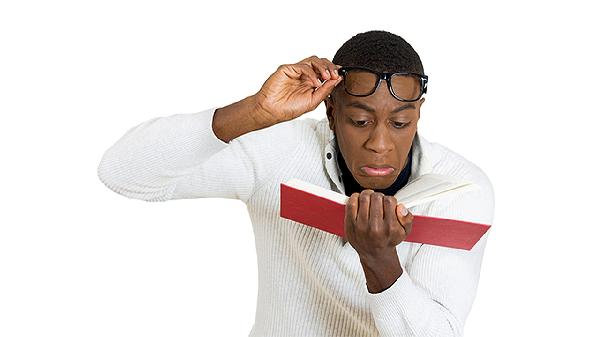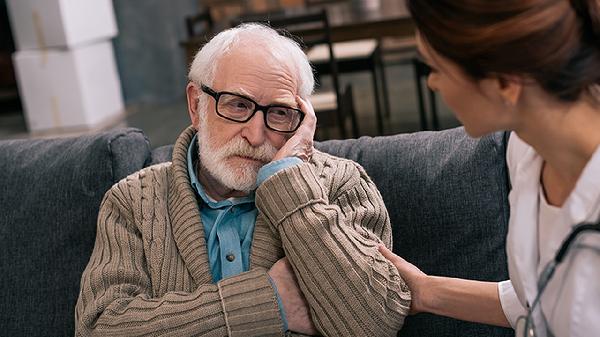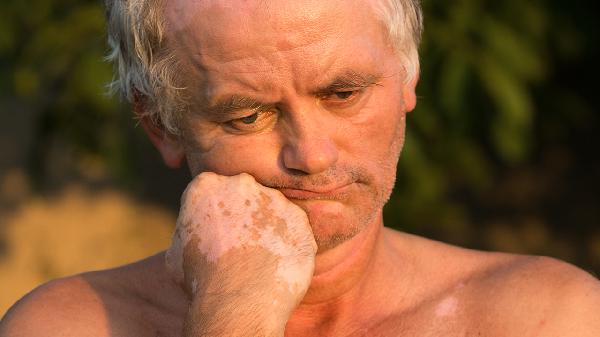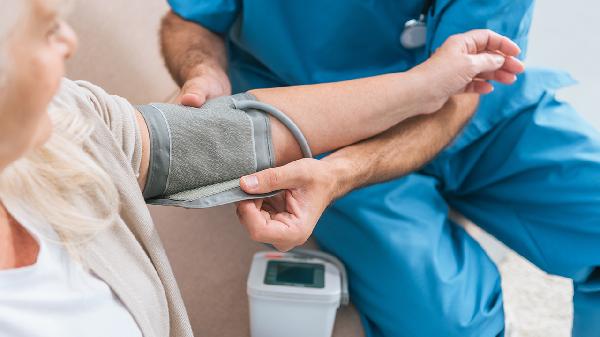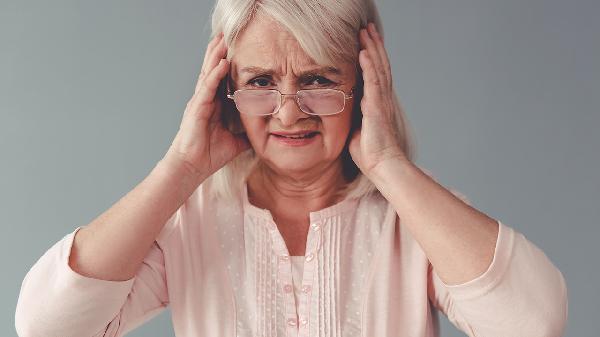"Life depends on exercise," many elderly people hope to improve their disease resistance through moderate exercise, but some are frail or have long lacked physical activity, becoming breathless after just a little exercise. Such elderly individuals need to exercise, but choosing the right type of physical activity is crucial. So, how should elderly people who easily get out of breath exercise? Below is an introduction.
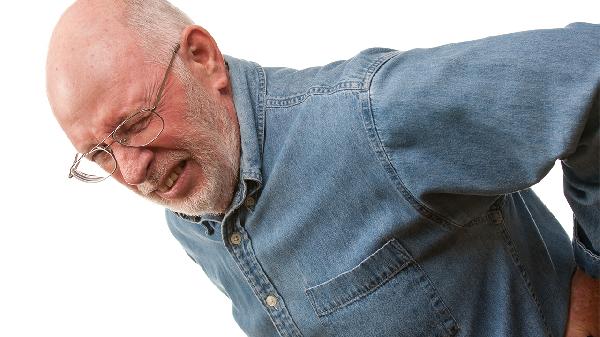
How should elderly people who easily get out of breath exercise?
Choosing the right type of physical activity is important.
Elderly people are best suited to gentle, low-intensity, small-amount, and consistently maintained forms of exercise, where the body slightly sweats and the muscles stretch after exercise, without feeling overly tired. Exercises that cause heavy sweating are not suitable for the elderly, as such activities deplete energy and harm bodily fluids, potentially worsening symptoms of chest tightness and fatigue, and reducing their immune function.
"The preferred physical activity for elderly people prone to chest tightness and breathlessness is Tai Chi, because Tai Chi movements are slow and smooth, and the exercise process includes body regulation requirements, such as the common 'Qi sinks to the Dantian' which requires practitioners to guide Qi to the abdomen with their mind, preventing it from rising. In fact, such exercises are very beneficial for elderly people who easily get out of breath." Elderly people can often engage in exercises with traditional Chinese health benefits like Tai Chi, Baduanjin, Five Animals Play, fan dancing, and various health exercises. Additionally, activities like jogging, aerobics, shuttlecock kicking, table tennis, square dancing, and ballroom dancing are also good choices. If breathlessness is felt at the beginning, it can be managed by reducing the intensity of the exercise and increasing the duration of the activity to gradually enhance lung capacity.
What to do if elderly people often experience breathlessness?
1. Try to calm the patient, gently pat their chest, and then drink a cup of warm water.
2. Patients with chest tightness often breathe through their mouths, so the bronchial mucosa can easily dry out. Use a cup of hot water to let the patient inhale hot steam to moisten the bronchial mucosa.
3. Medications for breathlessness can be mainly divided into two categories: anti-inflammatory drugs and bronchodilators.
Anti-inflammatory drugs: Besides changing or interrupting the inflammatory response of asthma in the airways and reducing the high sensitivity of the bronchi, they can also be used to prevent or stop the occurrence of airway inflammatory reactions.
Bronchodilators: The use of bronchodilators mainly aims to relax the bronchial smooth muscles that contract with the airway response.
4. Choose appropriate exercises and avoid engaging in excessive exercise in humid environments.
5. Warm-up exercises before excessive exercise are very important and should be conducted intermittently, i.e., 3-5 minutes each time, without causing coughing, wheezing, or chest discomfort.
6. If appropriate exercise is chosen and intermittent warm-up exercises are well conducted, but coughing, wheezing, or chest discomfort cannot be avoided,
7. Carpets at home are the most likely places to breed dust mites and bacteria. If they cannot be removed, anti-mite spray should be applied regularly and on time.
8. Beds should preferably be made of wood or metal, and animal rugs, bed covers, or quilts should not be used on the bed.
9. Avoid using heavy fabric curtains; replace them with blinds or plastic panels.
10. Use wooden or plastic furniture instead of stuffed furniture as much as possible.
11. Use dehumidifiers and air conditioners indoors to avoid high temperature and humidity.
12. Avoid hanging decorations that easily accumulate dust.
13. Do not keep cats, dogs, birds, or other pets indoors, as animal fur dander and feces can easily cause allergies.
If these symptoms are uncomfortable, oral or inhaled bronchodilators should be used before exercise.
